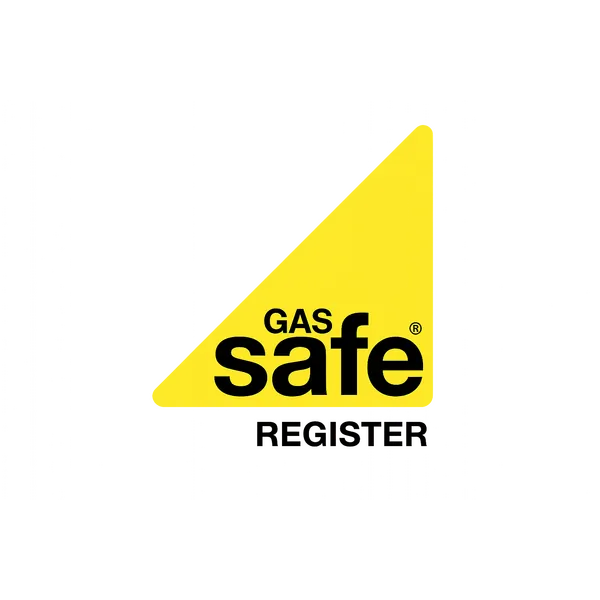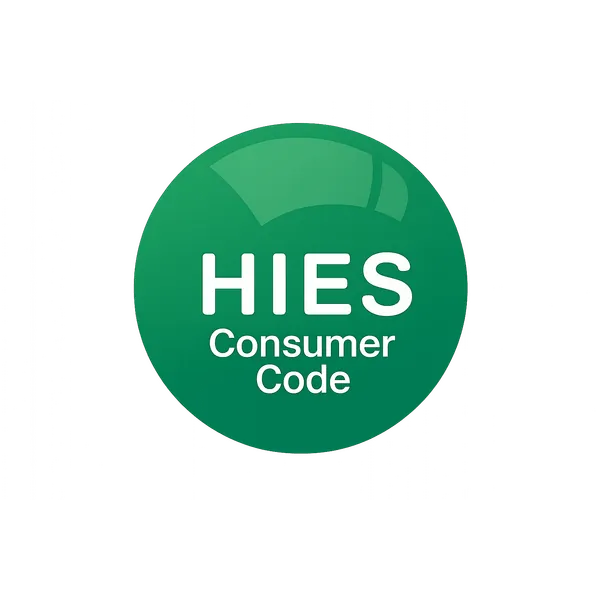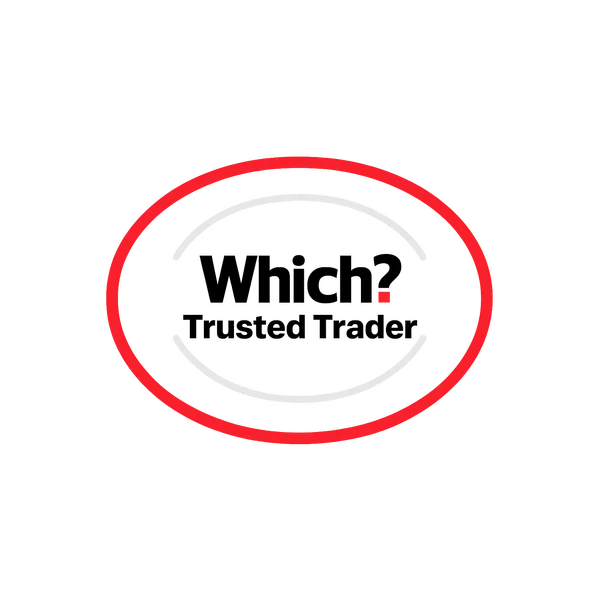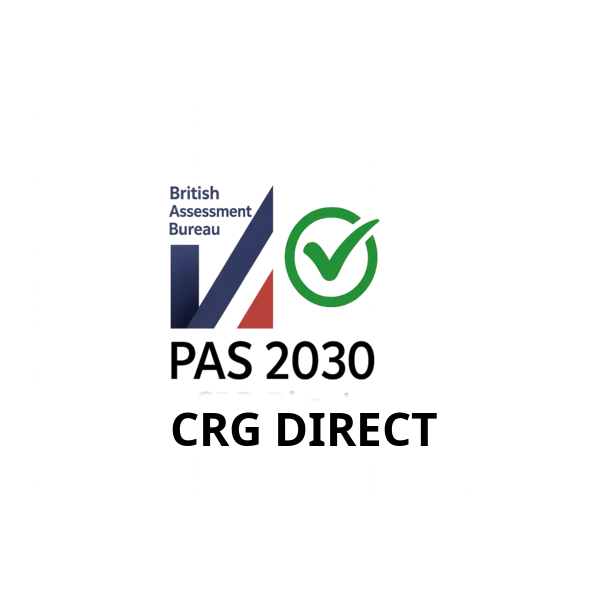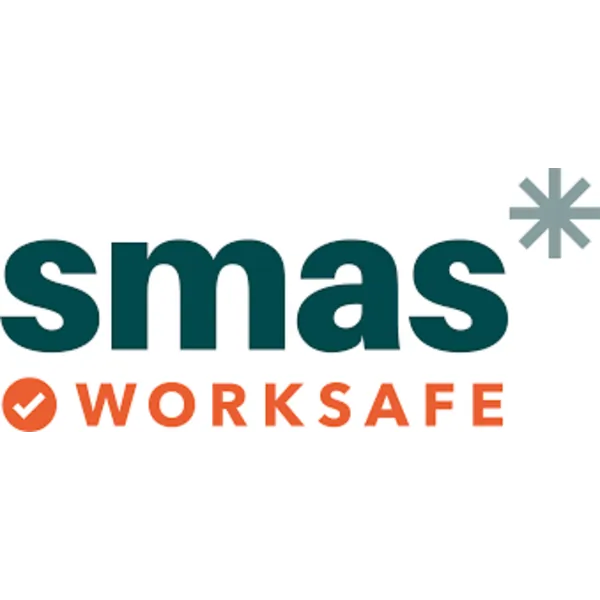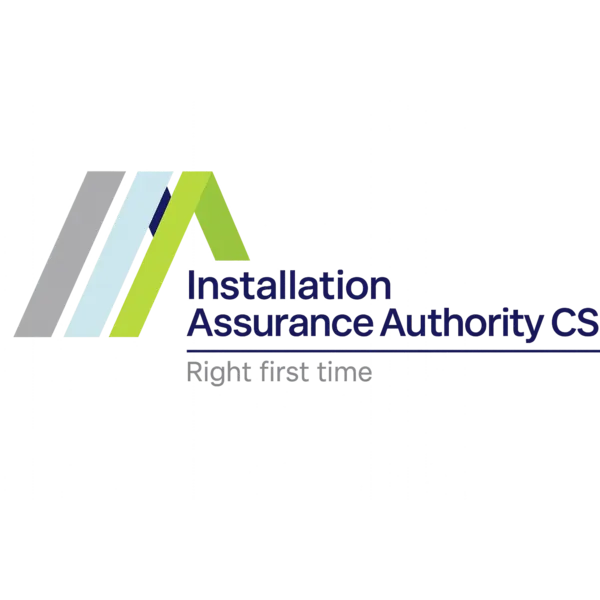Meeting Your Company's ESG Goals with Renewable Energy Upgrades
In today's business landscape, Environmental, Social, and Governance (ESG) considerations have moved from peripheral concerns to central business imperatives. Companies across all sectors are recognising that sustainable practices aren't just morally right—they're commercially essential. Among the most impactful ways to demonstrate environmental leadership is through strategic renewable energy upgrades that directly address your organisation's carbon footprint while delivering tangible business benefits.
Understanding ESG Reporting Requirements
The Regulatory Landscape
ESG reporting has evolved from voluntary disclosure to mandatory compliance in many jurisdictions. The UK's Streamlined Energy and Carbon Reporting (SECR) framework requires large companies to disclose their energy use and carbon emissions, while the EU's Corporate Sustainability Reporting Directive (CSRD) sets even more comprehensive standards. These regulations aren't just about compliance—they're about transparency and accountability to stakeholders who increasingly demand evidence of environmental responsibility.
Key Reporting Frameworks
Businesses must navigate multiple reporting frameworks, including:
- TCFD Recommendations: Focus on climate-related financial disclosures
- GRI Standards: Comprehensive sustainability reporting
- SASB Standards: Industry-specific ESG metrics
- CDP (formerly Carbon Disclosure Project): Climate change, water security, and deforestation reporting
Each framework emphasises different aspects of environmental performance, but all recognise energy consumption and carbon emissions as critical metrics.
Tackling Scope 2 Emissions Through Renewable Energy
What Are Scope 2 Emissions?
Scope 2 emissions represent indirect greenhouse gas emissions from purchased electricity, steam, heating, and cooling. For most businesses, these constitute the largest portion of their carbon footprint. Unlike Scope 1 emissions (direct from owned sources) or Scope 3 emissions (indirect from value chain), Scope 2 emissions offer the most immediate and cost-effective reduction opportunities through renewable energy adoption.
Renewable Energy Solutions for Scope 2 Reduction
Solar Power Installations
Commercial solar installations provide reliable, cost-effective electricity generation with significant long-term savings. Modern solar technology offers:
- Reduced energy costs through self-generation
- Energy independence from grid price fluctuations
- Carbon emission reductions of 70-90% compared to grid electricity
- Enhanced property values and corporate image
Wind Energy Solutions
For suitable locations, commercial wind turbines can provide substantial energy generation. While requiring more space and planning permission, wind energy offers:
- Higher capacity factors than solar in windy locations
- Complementary generation patterns to solar power
- Scalable solutions from small turbines to larger installations
Biomass and Geothermal Systems
For heating and cooling requirements, renewable thermal solutions provide excellent alternatives to fossil fuels:
- Biomass boilers using sustainable wood pellets or chips
- Ground-source heat pumps for efficient heating and cooling
- Air-source heat pumps for versatile climate control
Meeting Stakeholder Expectations
Investor Demands
Modern investors increasingly incorporate ESG factors into their decision-making processes. According to recent surveys, over 85% of institutional investors consider ESG performance when making investment decisions. Renewable energy upgrades demonstrate:
- Forward-thinking leadership and risk management
- Cost control through reduced energy expenditure
- Regulatory compliance and future-proofing
- Enhanced long-term value creation
Customer Expectations
Consumers are voting with their wallets, preferring businesses that demonstrate environmental responsibility. Studies show that 66% of consumers are willing to pay more for sustainable brands. Renewable energy initiatives provide:
- Authentic sustainability stories for marketing
- Differentiation from competitors
- Enhanced brand loyalty and customer retention
- Positive public relations opportunities
Supply Chain Requirements
Many large corporations now require their suppliers to meet specific environmental standards. Renewable energy adoption ensures:
- Continued business relationships with environmentally conscious partners
- Competitive advantage in tender processes
- Alignment with customer sustainability goals
- Reduced supply chain disruption risks
Engaging Employees Through Sustainability Initiatives
The Talent Attraction Advantage
Millennial and Gen Z workers prioritise environmental values when choosing employers. Companies with strong sustainability programmes report:
- 28% higher employee satisfaction rates
- Reduced staff turnover and recruitment costs
- Enhanced employer branding and talent attraction
- Stronger company culture and employee pride
Employee Participation Programmes
Successful renewable energy initiatives often include employee engagement components:
- Sustainability committees and green teams
- Energy-saving competitions and recognition programmes
- Educational workshops on environmental impact
- Volunteer opportunities in community environmental projects
Health and Wellbeing Benefits
Renewable energy upgrades frequently improve workplace environments through:
- Better air quality from reduced fossil fuel combustion
- Natural lighting optimisation in building design
- Thermal comfort improvements from efficient systems
- Noise reduction compared to traditional energy systems
How CRG Direct Helps Businesses Demonstrate Environmental Leadership
Comprehensive Energy Assessment
Our process begins with a thorough analysis of your current energy usage and carbon footprint. We examine:
- Energy consumption patterns across facilities
- Carbon emission sources and reduction opportunities
- Financial implications of different renewable options
- Regulatory compliance requirements and timelines
Tailored Renewable Energy Solutions
We design bespoke renewable energy systems that align with your specific business needs:
- Solar PV installations optimised for your roof space and energy profile
- Energy storage solutions to maximise self-consumption
- Smart energy management systems for optimal efficiency
- Hybrid renewable systems combining multiple technologies
Implementation and Project Management
Our experienced team manages every aspect of your renewable energy project:
- Planning permission and regulatory compliance
- Supplier selection and equipment procurement
- Installation supervision and quality assurance
- Commissioning and performance verification
Ongoing Support and Monitoring
We provide continuous support to ensure your renewable energy systems deliver maximum value:
- Performance monitoring and optimisation
- Maintenance services and system upgrades
- ESG reporting support and documentation
- Stakeholder communication materials
The Business Case for Renewable Energy Upgrades
Financial Returns
Modern renewable energy systems offer compelling financial benefits:
- Return on investment typically 5-8 years for solar installations
- Energy cost savings of 30-70% depending on system size and usage
- Government incentives and tax benefits
- Increased property values and asset appreciation
Risk Mitigation
Renewable energy upgrades provide important risk management benefits:
- Energy price stability through self-generation
- Regulatory compliance with current and future requirements
- Supply chain resilience against energy disruptions
- Reputation protection from environmental controversies
Competitive Advantage
Businesses that lead in sustainability often outperform their peers:
- Market differentiation in crowded sectors
- Premium pricing power for sustainable products and services
- Innovation leadership and first-mover advantages
- Partnership opportunities with other sustainability leaders
Making the Transition: A Practical Roadmap
Phase 1: Assessment and Planning (1-3 months)
Begin with a comprehensive energy audit and feasibility study. Identify quick wins and long-term opportunities, establish baseline metrics, and develop a clear business case with projected returns.
Phase 2: Pilot Implementation (3-6 months)
Start with a manageable pilot project—perhaps a single facility or specific energy-saving measure. Use this to build internal support, refine your approach, and demonstrate early success.
Phase 3: Scaling and Integration (6-18 months)
Expand successful initiatives across your organisation. Integrate renewable energy into core business operations and decision-making processes. Develop comprehensive monitoring and reporting systems.
Phase 4: Leadership and Innovation (18+ months)
Move beyond compliance to genuine leadership. Explore innovative technologies, influence industry standards, and share your successes to inspire others.
The Future of Corporate Sustainability
As climate concerns intensify and stakeholder expectations evolve, renewable energy will become increasingly central to business strategy. Companies that act now will be better positioned to:
- Navigate tightening regulations and carbon pricing
- Attract the best talent and customer loyalty
- Secure favourable financing and investment
- Lead their industries in the low-carbon economy
Take the Next Step Towards Environmental Leadership
Meeting your ESG goals through renewable energy upgrades isn't just about compliance—it's about building a more resilient, profitable, and respected business. The transition to clean energy represents one of the most significant business opportunities of our time, offering financial returns, risk reduction, and competitive advantages alongside environmental benefits.
At CRG Direct, we specialise in helping businesses navigate this transition successfully. Our team brings decades of experience in renewable energy implementation, ESG compliance, and sustainable business transformation. We understand that every business is unique, and we tailor our solutions to your specific needs, goals, and constraints.
Ready to transform your environmental performance and business outcomes? Contact our team today to schedule your complimentary energy assessment and discover how renewable energy upgrades can help you meet—and exceed—your ESG goals while strengthening your bottom line.







